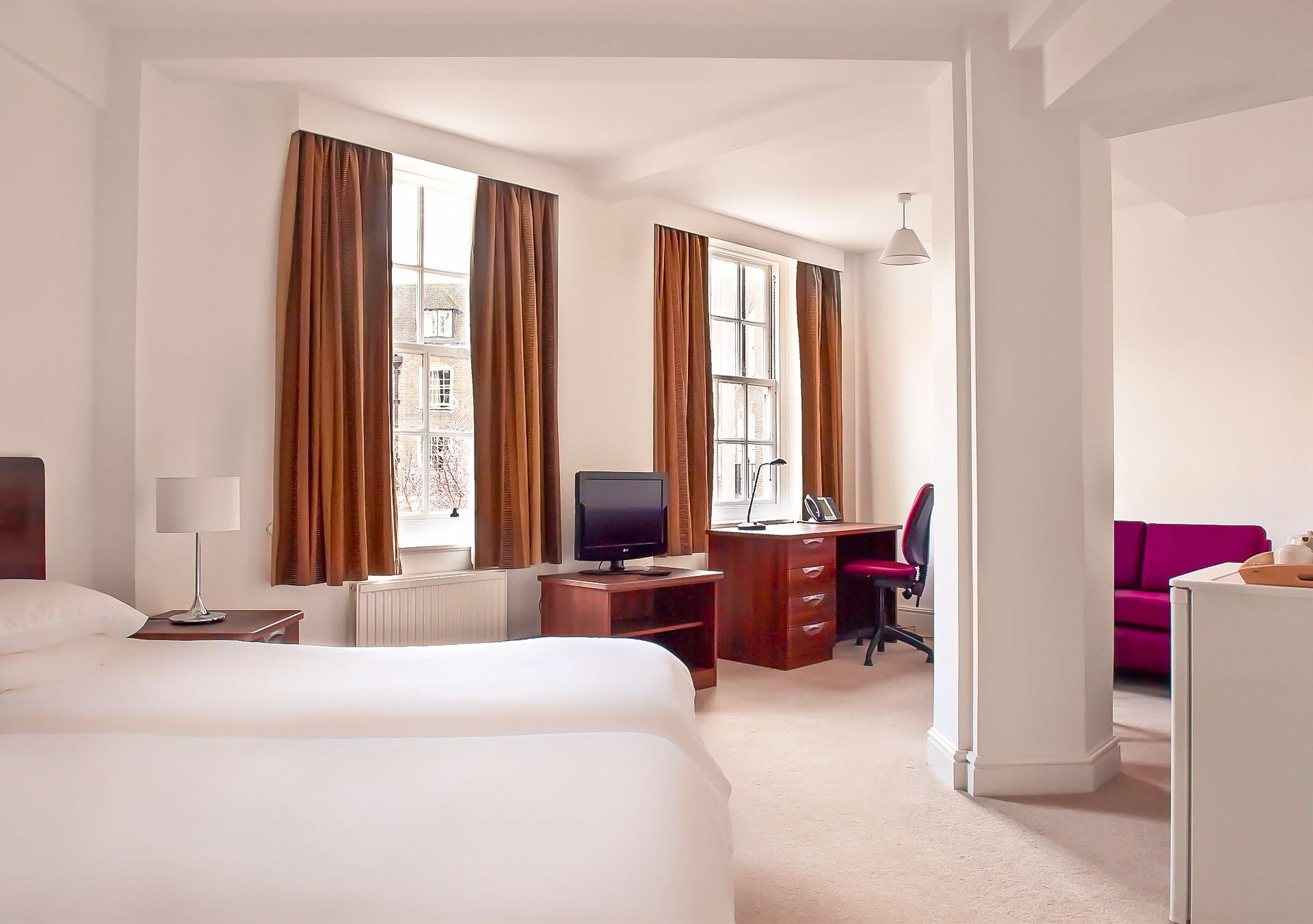An introduction to Exeter
Exeter is an historic city in Devon, England. It is located on the River Exe and is approximately 37 miles northeast of Plymouth, and 70 miles southwest of Bristol.
Exeter was the most south-westerly Roman fortified settlement in Britain and has existed since time immemorial. Exeter Cathedral, founded in 1050 is Anglican.
The city has good transport links, with Exeter St David's railway station, Exeter Central railway station, the M5 motorway and Exeter International Airport connecting the city both nationally and internationally. Although a popular tourist destination, the city is not dominated by tourism.
Activities of interest in Exeter
Exeter has many sites and events as well as great shopping areas within its city. It is an ideal place for you to base your visit to Devon, enabling you to travel out of the city and see some of the other beautiful sites and attractions that the county has to offer. There is a great deal to see, from stately homes and gardens to adventure parks and castles.
Exeter Cathedral is a magnificent example of Gothic architecture which has dominated the skyline since 1114. Exeter Castle, built by William the Conquerer in 1068, is not only a place of historical interest but now hosts art exhibitions, pop concerts and festivals. Northernhay Gardens, located just outside the castle, is the oldest public open space in the whole of England, being originally laid out in 1612 as a pleasure walk for Exeter residents. Along the narrow streets from the cathedral is the commercial heart of the city with one of the best shopping centres in the south west.
Exeter's historic quayside is a popular tourist attraction. Once a Roman waterway, it became a 16th century port and is today a riverside resort. It offers a unique collection of restaurants, shops and outdoor activities.
Getting to Exeter
By Road: The M5 motorway to Bristol and Birmingham starts at Exeter, and connects at Bristol with the M4 to London and South Wales. The older A30 road provides a more direct route to London via the A303 and M3. The M5 is the modern lowest bridging point of the River Exe. Going westwards, the A38 connects Exeter to Plymouth and south east Cornwall, whilst the A30 continues via Okehampton to north and west Cornwall.
By Rail: There are two main line railway routes from Exeter to London, the faster route via Taunton to London Paddington and the slower West of England Main Line via Salisbury to London Waterloo. Another main line, the Cross-Country Route, links Exeter with Bristol, Birmingham, the Midlands, Leeds, Northern England, and Scotland.
By Coach: Exeter Bus and Coach station is located at Paris Street. There are several express coach services daily from most major cities. www.nationalexpress.com
By Air: Exeter International Airport lies east of the city. The airport offers a range of scheduled flights to UK and Irish regional airports as well as charter flights. www.exeter-airport.co.uk
